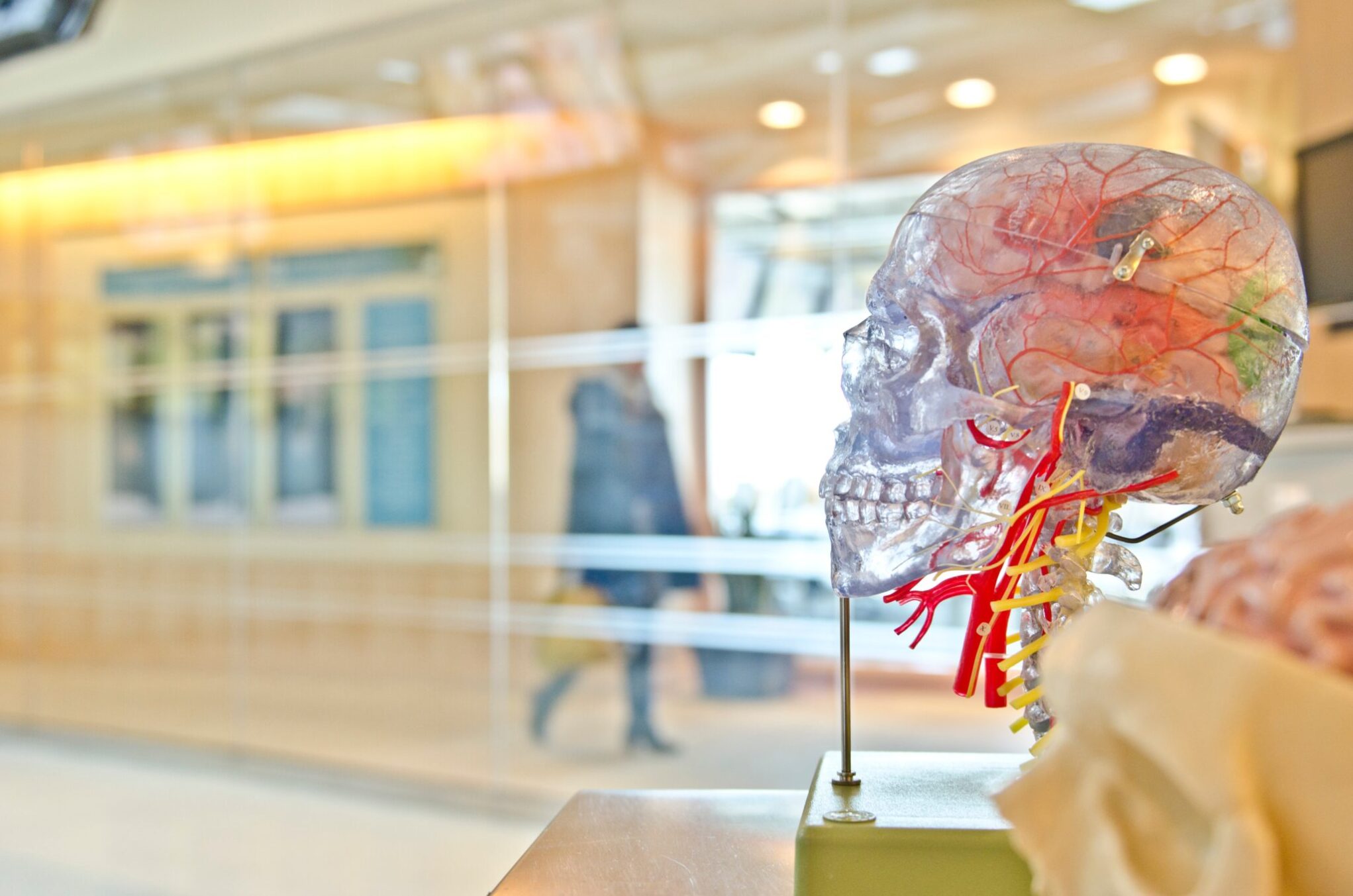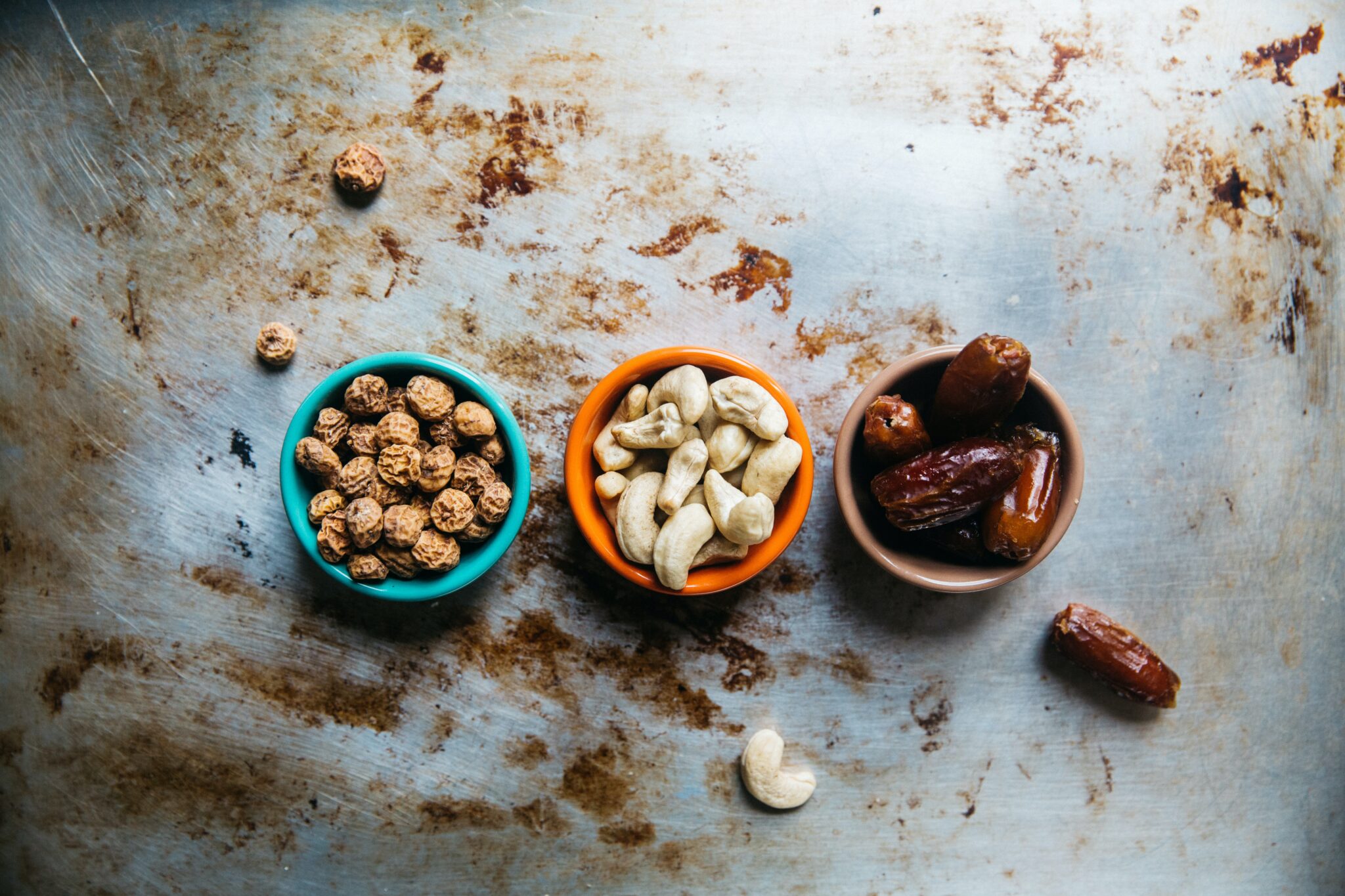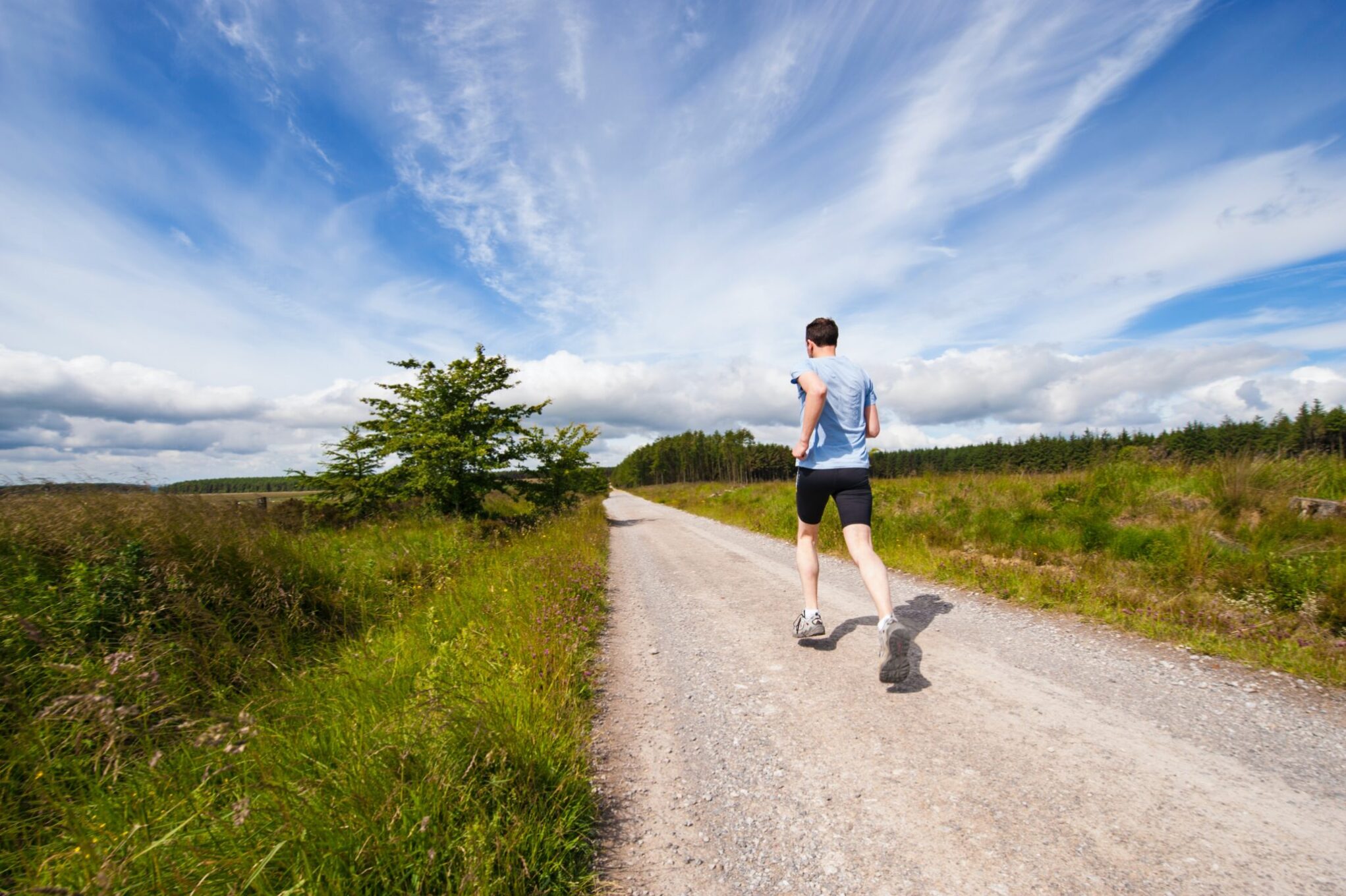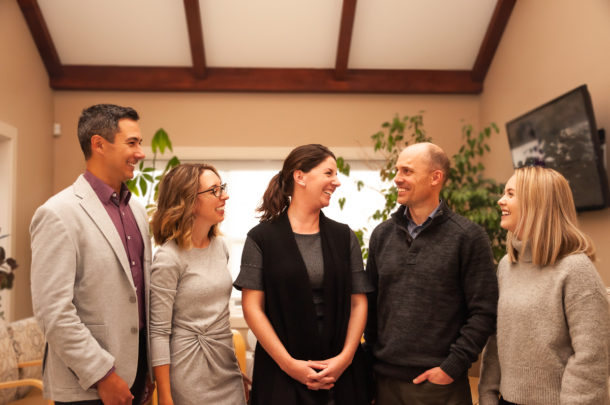Last week we talked about the medical side of keto, with research-based information driving the dialogue – but what does all that data translate into when we truly implement the diet into our everyday routine? Everyone’s system is different, and knowing what to expect for yourself can be as important as understanding the benefits of a dietary change.
There are multiple equally important facets worth your consideration when heading towards a keto diet. Preparation is important, and includes but is not limited to understanding how keto is going to affect your body. Studying what foods you can eat, why the diet is constructed as it is, and stocking your kitchen with groceries that empower you and help you to organize in advance will boost your chances at success.
From a physicality perspective you can expect weight loss, naturally, but be mindful of the reality that everyone’s body responds differently to dietary changes, and these responses can include constipation and flu-like symptoms. The side effects are varying, and you should consult your doctor if issues arise.
In terms of what to expect, members of the Cornerstone team have been doing the keto diet and one was kind enough to report back on her experiences:
10 Things I Learned When I Did Keto
- The keto flu doesn’t happen to everyone. I had a strange woozy feeling as the shift happened but it was nothing that disrupted my work and life. Making sure you are consuming enough electrolytes and a variety of foods will ease you gently into ketosis.
- My cravings went away. Really. I found myself eating the food that I was allowed to eat within the constraints of the diet and feeling satisfied. I was really surprised when people around me were eating my favourite carb-rich foods and I didn’t feel even slightly tempted.
- I physically felt lighter. The body stores 500 to 600 grams of carbs for emergency use in the form of glycogen. Each gram is attached to 3 to 5 grams of water. As I deleted the glycogen I also dropped the extra water weight for a quick loss of 2 lb.
- I could eat a lot more and not gain weight. I wasn’t careful about restricting calories, I was mostly concentrating on keeping my macros at 75% fat, 15% protein and 10% carbs, in addition to keeping my carbs under 50 grams. On some days, that meant having a fat-rich snack later in the day to up my fat percentage.
- I could still drink alcohol but I had to be sure about the carb content. An occasional whiskey didn’t knock me off track.
- Changing my thinking about nutrition was the hardest part. All the years of eating low fat didn’t prepare me for this! It felt almost obscene to be eating gobs of butter, cheese and whipping cream.
- Food prep is essential! It is so hard to stick to the program if you don’t have food ready, but so easy if you do have food ready. I prepared bacon rolled cheese truffles, almond and coconut fat bombs, keto crackers, and hard-boiled eggs all in advance.
- Meals become super easy. I’d have an avocado drizzled with olive oil or a chunk of cheese wrapped in bacon. A smattering of green salad with low carb dressing would round out a grilled steak, or I would have a chicken breast with a broccoli slaw dressed with real mayo. Meals were quick to grab and eat.
- You can eat out! At any restaurant with all-day breakfast you can order eggs and bacon or ham, and I would get tomato slices instead of toast. You can get a salad with a grilled chicken breast, or a burger with all the no carb condiments and some veggies without a bun or wrapped in lettuce. I even stripped the cheese, meat and mushroom layer off a pizza and rolled it into a delicious pizza roll up. I had no problems eating out.
- I began to think so much more clearly. Processing and burning carbs seems to make me slower and more “stupid-feeling”. Once I entered ketogenesis (ketosis) I found I could think more clearly and I didn’t get that mind slump in the middle of the afternoon. I could power through an afternoon with ease.
Taking the first steps are often the most difficult, as we find ourselves mentally preparing for change but shying away from taking action because it’s intimidating and/or challenging. Research and preparation are important when it comes to sticking with our dietary goals.
Contact us at Cornerstone for advice on how you can successfully start your keto diet, from insight and scheduling to nutrition.







